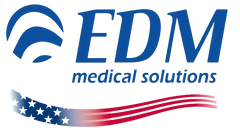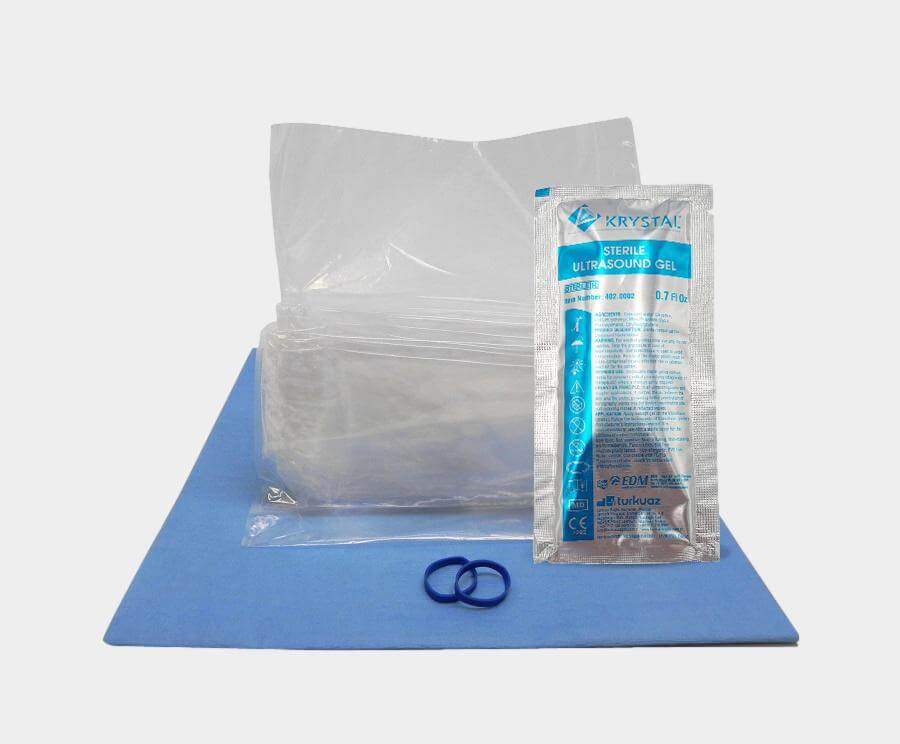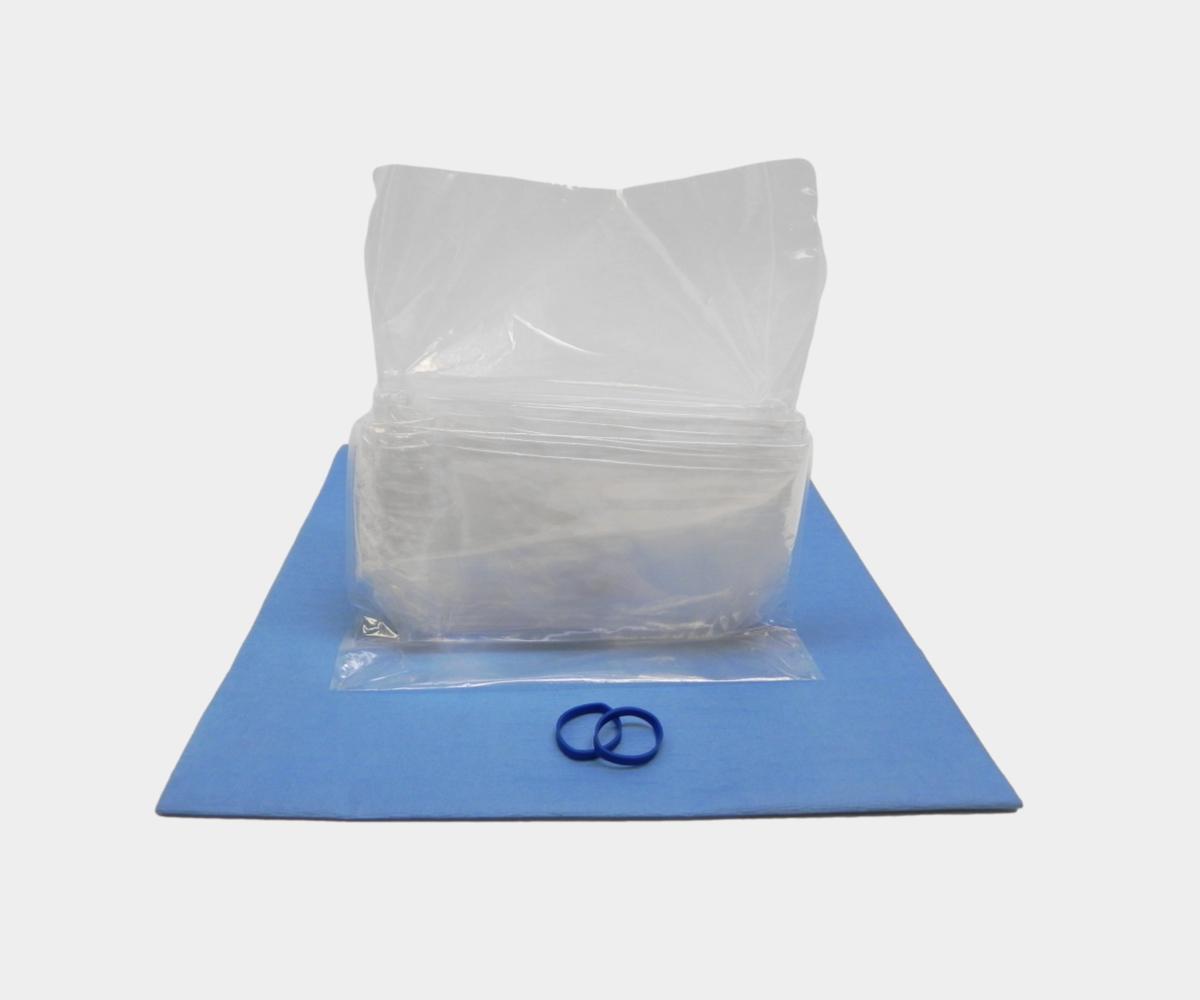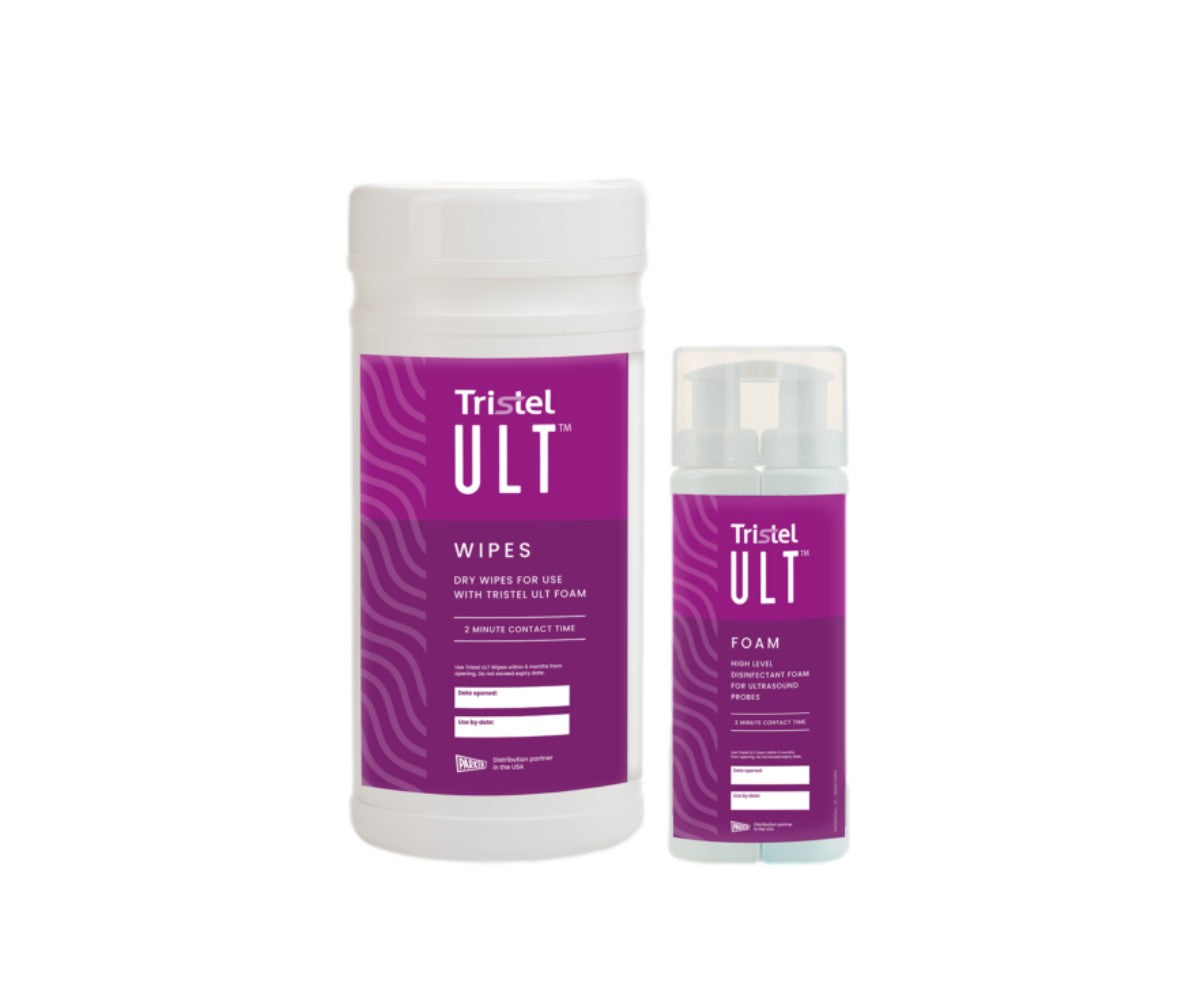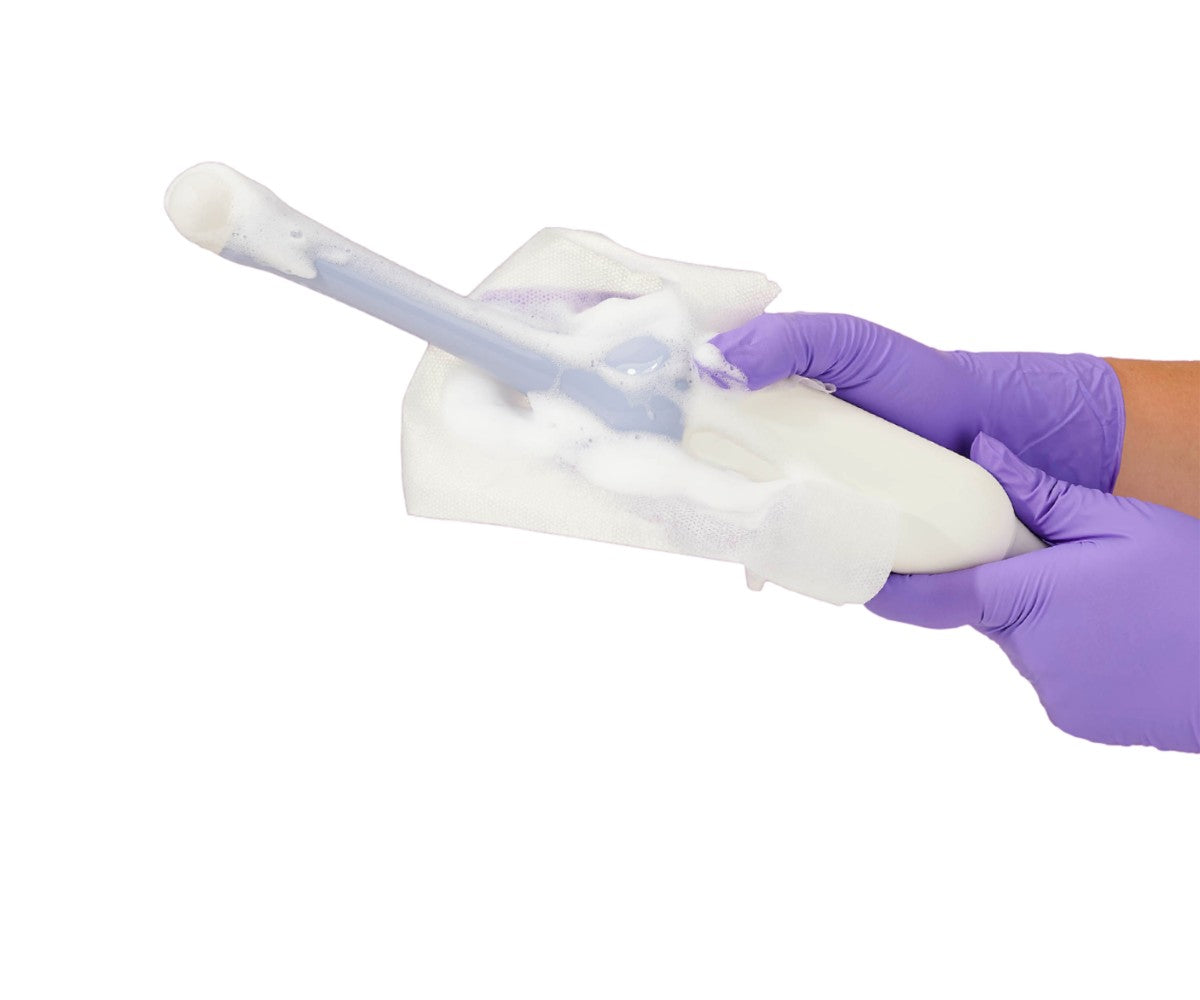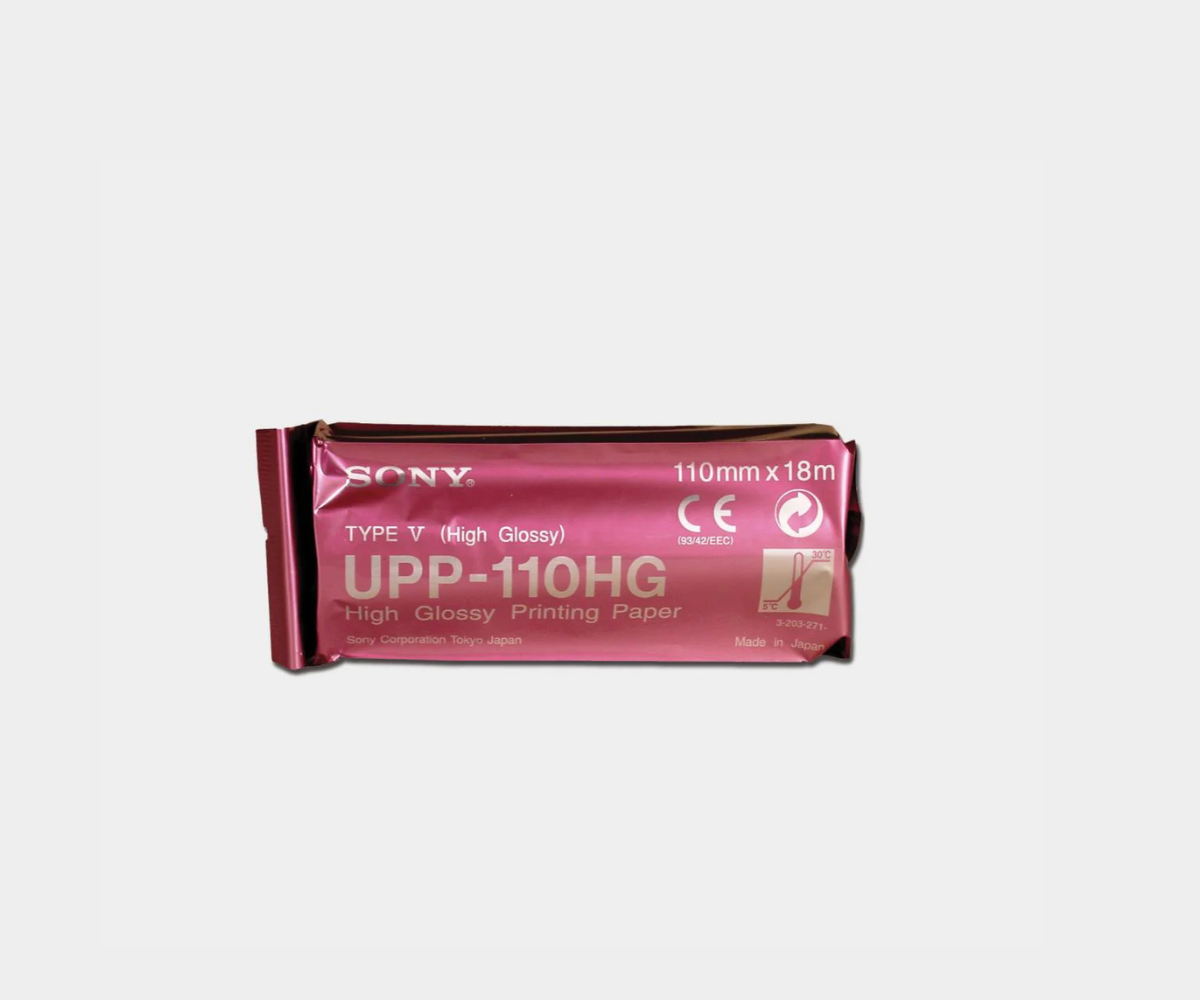The demand for colonoscopies is on the rise, leading to a surge in procedures and placing significant pressure on endoscopy centers across the country. As the healthcare landscape evolves, endoscopy centers are faced with the critical task of scaling up their services to meet the growing needs of patients seeking colonoscopies.
According to the American Cancer Society (ACS) report in 2023, diagnoses in patients under age 55 accounted for 20% of cases in 2019, marking a significant increase from previous years. This surge in diagnoses among younger adults, along with an annual increase of about 3% in rates of advanced disease in people younger than 50, has fueled the urgency for colorectal cancer screening. Additionally, the updated screening guidelines by the U.S. Preventive Services Task Force, which lowered the recommended screening age to 45, have further intensified demand.
In light of the rising demand for colonoscopies, endoscopy centers can implement advantageous methods to streamline their operations and efficiently cater to patient needs. Here are several tips.
Ensure efficient scheduling
To ensure efficient operations in a high-volume GI center, it's essential to implement effective scheduling strategies. One key approach is to leverage automated scheduling software, which can streamline the coordination of patient information and procedure planning. By utilizing such software, centers can sync patient health records, insurance details, and procedure requirements in real-time, allowing for proactive management of cases. Additionally, providing clear and comprehensive prep instructions through multiple channels, such as mail, electronic platforms, and in-person consultations, can enhance patient compliance and attendance.
Another valuable strategy is to compress the surgical schedule whenever possible. By maintaining a clear outlook of upcoming cases, centers can adjust their schedules to maximize room utilization and capture associated cost savings. This may involve tightening the surgical schedule to close rooms or shorten operating hours as needed. Firm block utilization tracking policies play a crucial role in this process, as they require surgeons to diligently manage block times and release them when necessary. This ensures that the center operates at its fullest capacity, minimizing the risk of unfilled blocks or multiple rooms being open simultaneously, which can negatively impact the bottom line.
Embracing AI
Embracing AI in gastroenterology is proving to be a transformative advancement, particularly evident in the efficiency of colonoscopies. With a growing emphasis on AI applications in medicine, gastroenterology has identified computer-aided polyp detection (CADe) and computer-assisted diagnosis (CADx) as key areas of focus. Moreover, AI is expanding into fields such as colonoscopy quality assessment, with innovations aimed at objectively evaluating colon cleansing and predicting outcomes like deep submucosal invasion and polyp detection accuracy.
Technologies like Medtronic's GI Genius are revolutionizing colon cancer screenings by providing real-time assistance to physicians in identifying pre-cancerous polyps, significantly improving the effectiveness of early detection efforts.
Training for excellence
The third approach focuses on prioritizing ongoing training and development for staff members to keep them updated on the latest endoscopic techniques and technological advancements in gastrointestinal care. By investing in continuous learning opportunities, endoscopy centers enable their team to maintain proficiency and provide optimal patient care, particularly during the surge in colonoscopy procedures. It's crucial for staff members to be proficient not only in their primary roles but also in handling new developments or challenges. For example, when introducing new scopes, ensuring staff members are well-versed in their handling and reprocessing is essential. Detailed training covers various scenarios, including manual cleaning techniques and adherence to updated manufacturer instructions for use (IFUs).
Moreover, fostering a culture of open communication and collaboration among team members is vital. Clear communication lines and a supportive environment streamline workflows, enhance efficiency, and improve patient care coordination within the center, ultimately elevating the overall quality of care provided.
Endoscopy centers, including ASCs, are adapting to meet evolving demands with strategies like efficient scheduling, AI integration, and staff training. These measures ensure effective and safe patient care, fostering improved outcomes amidst changing circumstances.

EDM Medical Solutions is a premier supplier and manufacturer of medical imaging products, including ultrasound supplies, surgical drapes, and needle guides. We are committed to delivering a high-quality and cost-effective range of products that enhance patient care and operational efficiency.
Our Krystal brand, featuring probe covers and equipment drapes, sets the industry standard for quality, safety, and reliability. Switching to Krystal can mean up to 30% in savings on your supplies.
With market-leading prices and rapid shipping options, we ensure our clients have immediate access to the supplies they need, when they need them. That's why over 2,000 facilities in the US choose EDM.
